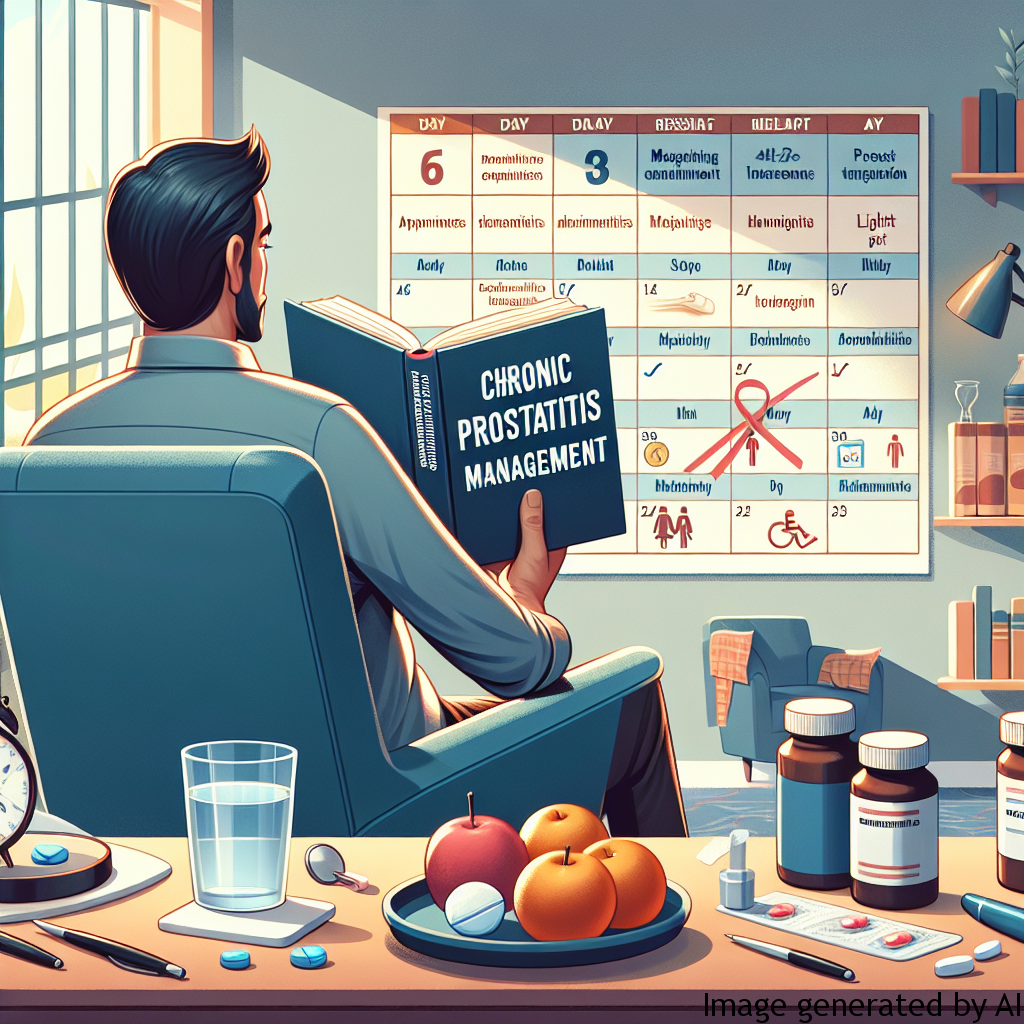Chronic prostatitis is a recurrent inflammation of the prostate gland that often elicits distressing urinary and genital symptoms. Managing chronic prostatitis over a long-term is complex, but the goal is to reduce symptoms, improve quality of life, and prevent complications. Men with chronic prostatitis must be committed to lifelong management practices that may include medication, lifestyle changes, and psychological support.
Introduction
The term chronic prostatitis encompasses various conditions that present with similar signs and symptoms, the most common of which is chronic pelvic pain syndrome. Management of these conditions over the long term can be challenging, due to the fluctuating nature of the symptoms and the lack of specific treatments. Thus, a holistic approach that considers the physical, psychological, and social aspects of a man’s health is needed for effective long-term management of chronic prostatitis.
Gender Expectations and Their Impact on Men’s Mental Health
Traditional Masculinity Norms
Traditional expectations of masculinity, such as emotional stoicism, self-reliance, and physical toughness, can create reluctance among men to seek help, express feelings or to admit pain, weakness, or vulnerability. This can lead to a delay in diagnosis and treatment of chronic prostatitis, resulting in prolonged and more serious illness.
Mental Health Stigma
The stigma associated with mental health in men can also hinder long-term management of chronic prostatitis. Men may be less likely to seek psychological support, which can further exacerbate feelings of anxiety or depression associated with the condition.
Examples of How Gender Roles Can Impact Men’s Lives
Men are often expected to be the primary earners for their families, leading to significant work and life stress. Such stressors can exacerbate the symptoms of chronic prostatitis, increasing severity and frequency of episodes. Furthermore, the sexual discomfort and dysfunction associated with chronic prostatitis can have a profound negative effect on men, given the societal pressures for men to be virile and sexually active.
Tips to Improve Psychological Health Taking into Account Gender Roles
1. Encourage Open Communication: Encourage men to openly discuss their health and feelings, breaking down traditional masculine norms that discourage emotional expression.
2. Clinical Support: Ensure psychological therapies and treatments are presented as normal parts of overall health care, not add-ons or signs of weakness.
3. Work-Life Balance: Encourage a healthy work-life balance. Acknowledging the impact of stress on physical health can help men prioritize self-care and stress management in their daily lives.
4. Sexual Health Education: Provide accurate and comprehensive information on sexual health, helping men understand that sexual dysfunction is common and can be treated.
Conclusion
Long-term management of chronic prostatitis must consider both physical and psychological aspects of a man’s health. Breaking down harmful gender norms and addressing the role of mental health in chronic disease management are important steps toward improving the quality of life for men living with chronic prostatitis.

